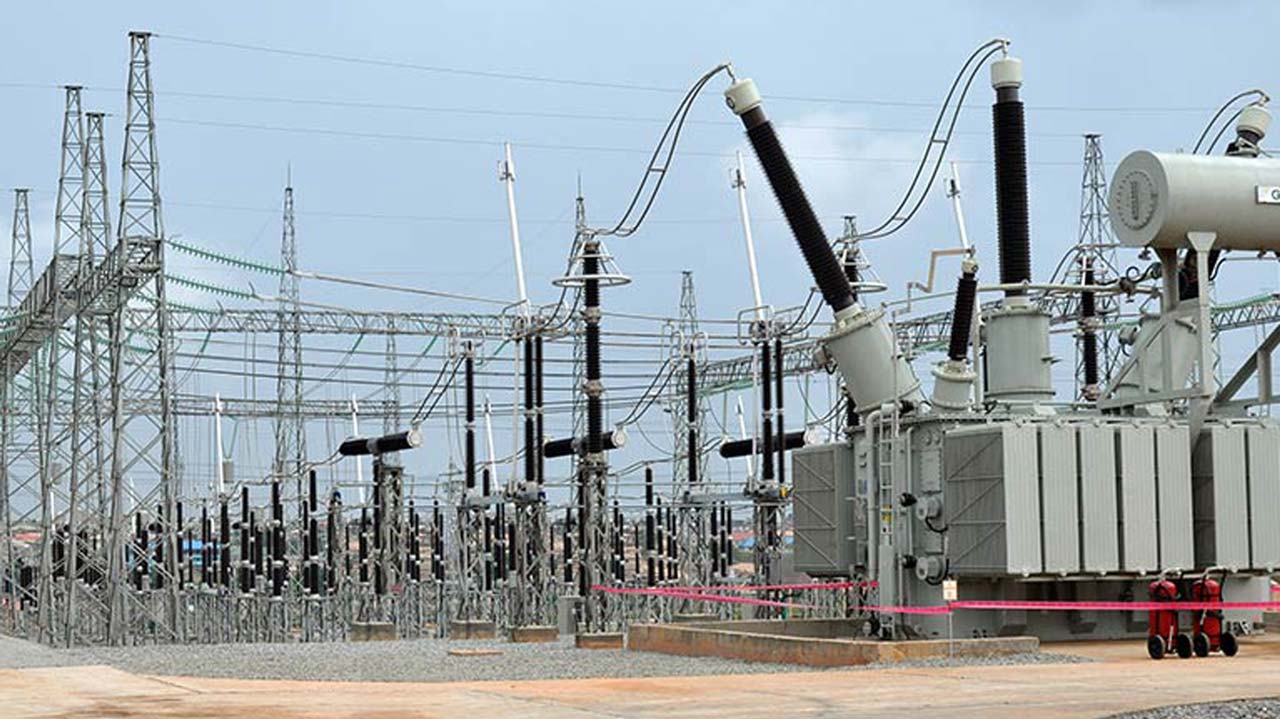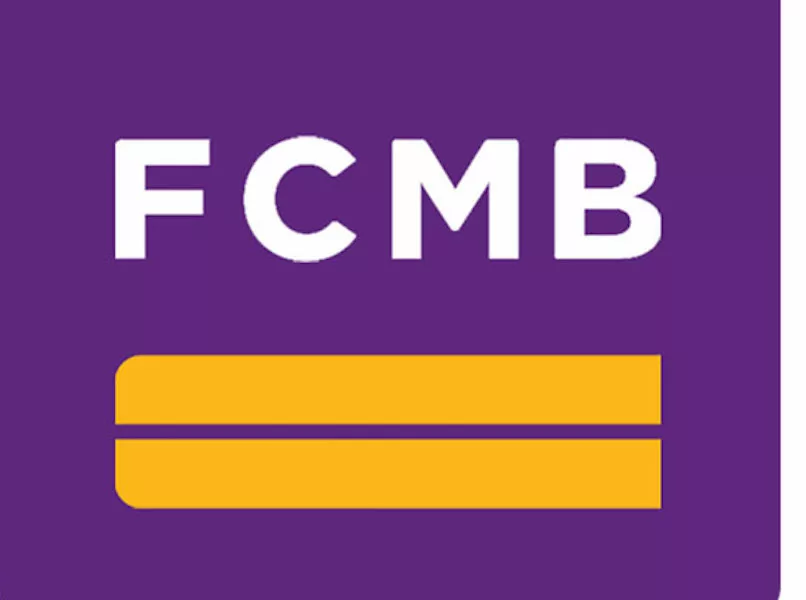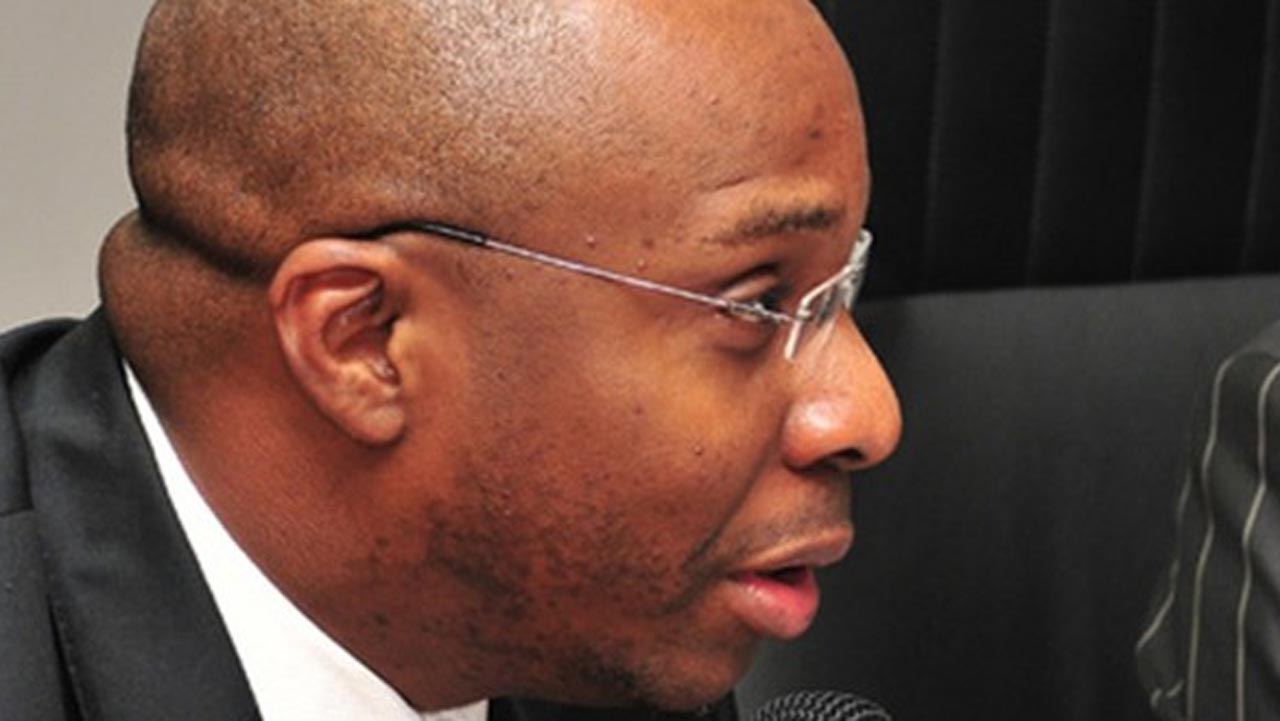 A new report by Bloomfield said electricity tariff reviews are mostly due in 2025 as the power sector grapples with persistent liquidity challenges, economic volatility and consumption subsidies.
A new report by Bloomfield said electricity tariff reviews are mostly due in 2025 as the power sector grapples with persistent liquidity challenges, economic volatility and consumption subsidies.
The report, titled ‘The Nigerian Power and Mining Sectors: 2024 in Review and an Outlook for 2025’, said that given the liquidity challenges faced by power generation companies (GenCos) and distribution companies (DisCos) as well as poor economic indicators, electricity tariffs across the various bands may be reviewed in the year.
This comes as the Federal Government is under pressure to discontinue the subsidy regime or lower the spending.
The power sector has long struggled with a liquidity crisis, with GenCos reportedly owed over N1 trillion in unpaid invoices.
“A key attribute of a cost-reflective tariff pricing model, which the NESI is based on, is the periodic price reviews to accommodate changes in the commercial indices that determine electricity pricing,” it stated.
The report also stated that in the coming years, the power sector is set to witness the launch of the National Integrated Electricity Policy and Strategic Implementation Plan (NIEP-SIP), recognising its significance to the industry.
It noted that the Federal Government, through the Minister of Power, is expected to begin the earnest implementation of the NIEP-SIP this year in collaboration with key stakeholders and market participants.
“Since the release of the Energy Transition Plan (ETP) in 2022, not much has been said or done regarding the implementation. We are of the view that 2025 presents an opportunity for the federal government to commence or put the needed modalities in place for the implementation of the ETP. The early implementation of the ETP is crucial if Nigeria must meet its energy transition targets outlined in the plan,” it stated.
The report projected a significant shift in Nigeria’s energy landscape by 2025, with increased adoption of solar and battery technologies expected to drive the transition to renewable energy.
The report expects Nigeria to experience a notable shift towards greater reliance on renewable energy as more people adopt solar energy and battery technology.
“This shift will be driven by continued government support, favourable policies, growing consumer awareness of solar energy’s benefits and advancements in renewable energy technology, including innovations in energy storage and smart grid integration,” it said.
The report said the demand for alternative energy sources by Nigerians would increase during the year as an escape from grid supply.
It added that funding would play a pivotal role in accelerating renewable energy deployment across Nigeria.
“Renewables could account for 23 per cent of Nigeria’s energy mix, rising to 36 per cent by 2030. Also, the Nigeria ETP gives a price tag of $1.9 trillion for Nigeria to reach net zero by 2060,” it stated.





